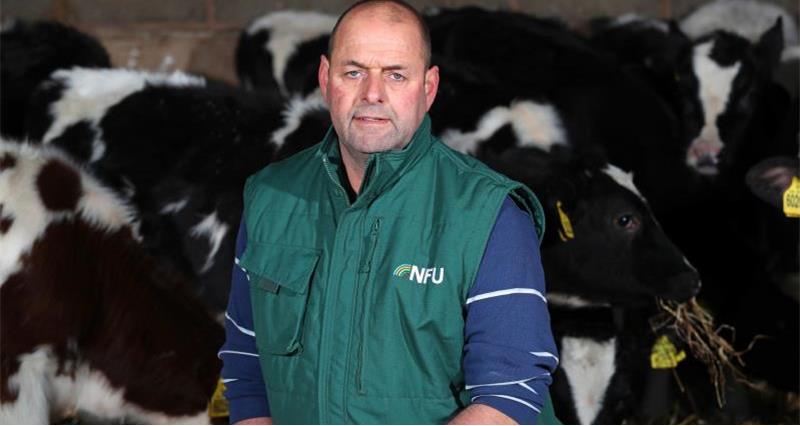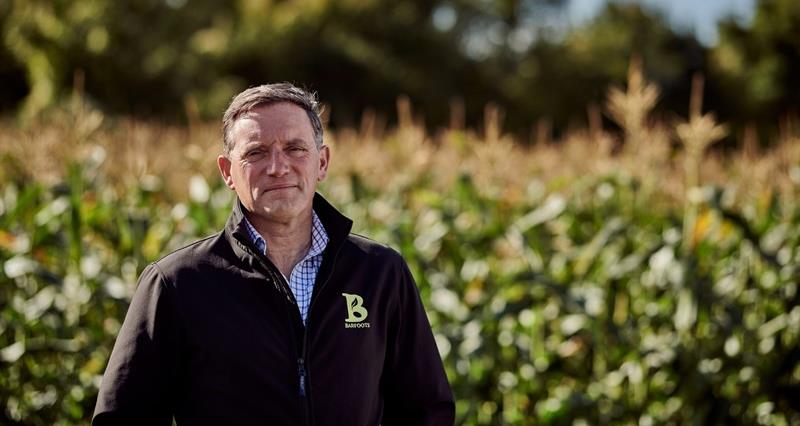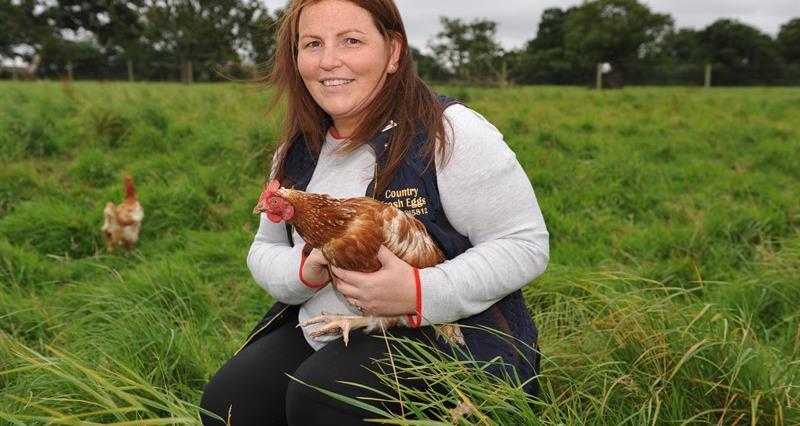The discussions over fairness and transparency in dairy contracts has been ongoing for years.
A previous code of best practice on contractual relationships in the industry was unsuccessful as not all buyers signed up to it and consequences for breaching the code did not exist.
Farmers remain in a weak negotiating position and carry a disproportionate amount of the risk in the supply chain.
"It is important that Defra has the resources to focus on improving fairness in the supply chain and delivering on its commitments to the industry."
Michael Oakes, dairy farmer and Chair of the NFU Dairy Board
Two years ago, during the Covid-19 pandemic, we witnessed huge amounts of risk passed down to dairy farmers at an alarming rate and in 2020 the government launched a consultation on regulating dairy contracts.
The industry responded and widely supported change, with the government announcing last year that they would regulate dairy contracts under powers in the Agriculture Act.
The ‘Milk Purchasing Code’, which will outline legally enforceable standards to which dairy contracts must comply, is expected to be laid before Parliament next year and will help prevent abuses of power, unfair contract clauses, and improve transparency in the supply chain.
Slow pace of progress
But the pace of progress to reach the point of legislation has been slow, and at a time when input costs for items such as energy, fertiliser and feed remain high and there is uncertainty in the market, dairy producers remain vulnerable to unfair contract terms.
Delivering commitments to the dairy industry
It is important that Defra has the resources to focus on improving fairness in the supply chain and delivering on its commitments to the industry.
We are lobbying to ensure the new Code provides more transparency to farmers on pricing and allows flexibility and choice on options to generate milk prices; formalises notice periods to protect farmers and to allow proper market function; includes possible options for a non-exclusive contract in some circumstances; tackles one-sided contract clauses and offers more fairness to contract changes and negotiations.
We recognise that the regulation needs to work for dairy processors too. A lot of the good practice which already occurs has been recognised by Defra, and the regulation will be focused on tackling bad practice and preventing potential abuses of farmer suppliers.
Regulation of dairy contracts will be an important piece of the jigsaw to help improve the entire dairy market, not just for farmers, but for relationships all along the supply chain. It could genuinely put the dairy industry on a much more certain footing and allow us to move on from some of the issues of the past.
Ìý



